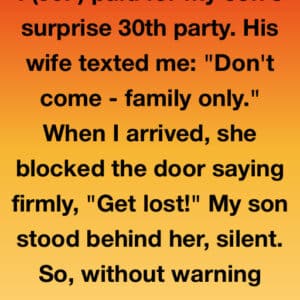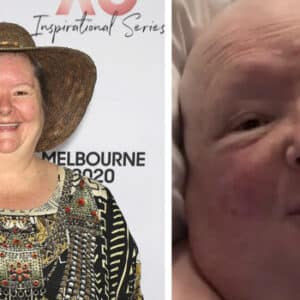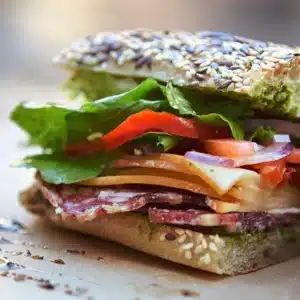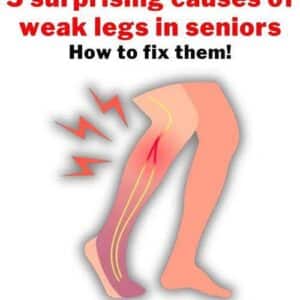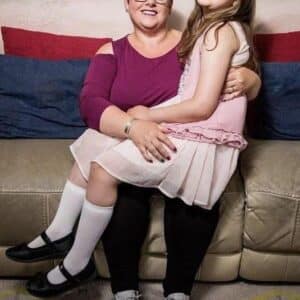The nursing home smelled faintly of lemon cleaner and medicine, a strange combination that had become comforting over time. For most people, it might have felt sterile, too close to hospitals, but for me, it felt steady—almost like home. More like home than any of the foster houses I’d drifted through as a child.
When I first came here, I only planned to stay a few months. Volunteering was supposed to look good on a university application, something to balance out my resume while I worked odd jobs to support myself. My guidance counselor had warned me not to wait too long. “The longer you put it off, Vaughn, the harder it’ll be to go back,” she had said. I’d nodded, knowing she was right, but also knowing I needed money before I could even think about tuition.
That was three years ago. I’m twenty-five now, and I never left. Strangely, I don’t regret it. The echoing halls, the creaky floors, the ritual of dinners and bingo nights—somewhere along the way, this became my place.
But last week, everything changed.
It was late afternoon on a Tuesday, the time of day when most residents had finished dinner and retreated to their rooms to rest before evening activities. I walked the hall, checking in on the usual faces, adjusting pillows, listening to stories I had memorized by heart. That’s when I passed Mrs. Coleman’s door. Ninety years old, soft-voiced, she usually sat near her window staring like she was waiting for someone who never came.
Her hand shot out with surprising strength and grabbed mine. Her eyes, clear and piercing, fixed on me.
“I know you,” she whispered.
I smiled politely, assuming it was confusion. Dementia often made the residents mistake me for someone else—a granddaughter, a nurse from long ago. “I’m Vaughn,” I said gently. “I’ve been working here for a while. I made you ginger tea a few times, remember?”
She smiled faintly. “Yes. But that’s not it. I know you. You used to live next door to me. You were a little girl. Five or six years old.”
I froze.
Memories I thought I didn’t have pressed at the edges of my mind: a tiny kitchen, the warmth of birthday candles, the taste of chocolate cake, mint sweets in a bowl on a coffee table. Blurry images of laughter and the comfort of someone’s gentle presence.
“You’d come to my birthday every year,” Mrs. Coleman said softly. “Just you. You’d sing for me. My grandson, Soren, would play with your siblings outside, but only you came inside. I never forgot those eyes.”
Tears stung the back of my throat. I wanted to deny it, to dismiss it as memory playing tricks on her, but deep down, I knew she was right. She remembered me from a time when I felt invisible, when I thought no one noticed me moving from house to house. But she did.
“Thank you,” I whispered, kneeling beside her. “For remembering me.”
Her smile was warm, like she’d been waiting years just to tell me. “Don’t thank me. You were my little light. And even when you left, I thought of you. I always wondered what happened.”
I went home that night shaken, but also strangely comforted. Someone remembered me before I even remembered myself.
The next morning, my phone buzzed with a bank alert. $700,000 had been deposited into my account. My chest tightened. It had to be a mistake. Before I could even call the bank, my phone rang again—the nursing home.
“Vaughn, can you come in early? Mrs. Coleman has been taken to the hospital. She’s in a coma.”
By the time I arrived, I was still in shock. The money. The hospital. The impossible timing. A nurse handed me a small envelope.
“She asked me to give this to you last night,” she said.
Inside, written in shaky script, were the words: Use this for your dreams, sweet girl. You deserve it.
I stood frozen, clutching the note. Mrs. Coleman had done this. Somehow, she had left me a gift bigger than anything I’d ever imagined. Enough to change my entire life. Enough to make every dream I had possible.
She never woke from her coma. Five days later, she was gone.
I thought for a long time about what to do. University was the obvious answer—but it didn’t feel right. Instead, I wrote a check to the nursing home for $50,000. “Fix the leaky roof in the dining hall,” I told the director. “Renovate the rooms, buy a new TV. Let’s make life here better.”
Most of the rest, I donated to charities for children in foster care. Kids like me. Kids who needed someone to notice them.
And I kept just enough to enroll in nursing school at night. I wanted to come back here not as a volunteer, but as a nurse. Full-time. Permanent.
Mrs. Coleman had seen something in me long before I knew it myself. She remembered me when I thought I was forgettable. And in the end, she gave me more than money. She gave me a direction.
Standing outside her room one last time, sunlight pouring through the glass, I realized that maybe this was my dream all along.
